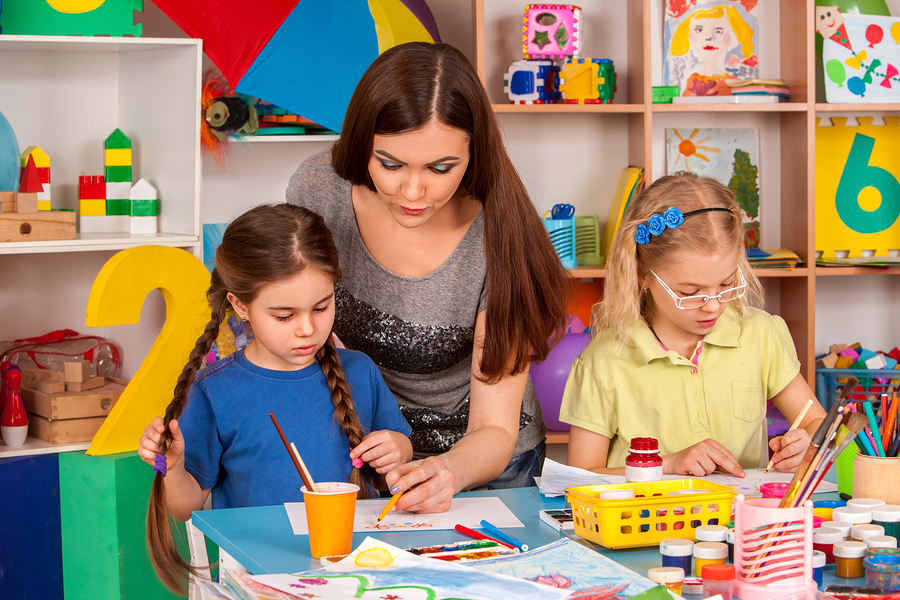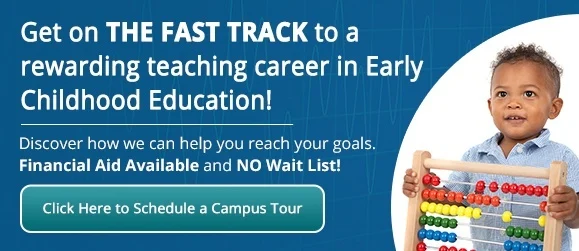Finding a Balance Between Play and Academics in Early Childhood Education
Posted On May 6,2019

The early childhood educator is faced with a unique challenge. How do they encourage ample amounts of free play, while still fitting in all of those necessary academic lessons to their bright young students?
The best early childhood education (ECE) teachers are those who understand this challenge. They strive to create an environment that provides an appropriate balance. Quality ECE teachers can find creative ways to incorporate the concepts of free play and exploration, while also fostering a love for learning and academics.
How Can Teachers Adjust Their Current Teaching Methods to Achieve a Better Balance Between Work and Play?
One of the most important adjustments an ECE teacher must make is to allow their students enough free time to explore on their own without any adult guidance or suggestions. When children are given the opportunity to play with learning materials on their own using trial and error they are able to develop and exercise those ever so important critical thinking skills.
Use play opportunities to squeeze in those required state and federal program guidelines. While it may appear at first glance that children are simply free playing, they are actually handed specific materials that were pre-chosen with developing certain necessary learning skills in mind.
Resist from interfering while children are playing and exploring with free materials. While it may be tempting to interject, it’s important to understand when and how to become involved in children’s play situations. Your timing can make the difference between a lesson becoming a success or missing the mark.
Learn More about Our Early Childhood Education ProgramHow Can Teachers Create a Classroom That Incorporates Both Play and Learning?
While it will take some planning in order to create an environment that fosters learning in a playful setting, an ECE classroom is usually already set up to align with such standards.
For example, many ECE classrooms have small grocery stores already in place. This is a perfect opportunity to teach children how to count the number of items for sale, write out basic shopping lists, teach them the typical job duties associated with grocery store employees, and allow them to play out certain situations using role play. This type of activity meets many of the academic standards associated with ECE, but it’s done in a fun, interactive, and playful manner that children are much more likely to enjoy versus sitting at a desk counting coins.
What Are Some of the Challenges an ECE Teacher Faces Today?
For the early childhood education teacher in a public school setting, they may find it more of a struggle in gaining support among administrators who might feel that playtime isn’t all that necessary and should be decreased or eliminated in order to focus more time on academics. And it isn’t just the administrators who feel this way. In today’s competitive world, many parents want their kids to be high academic achievers. If you’re passionate about teaching young children, you’ll have no problem winning over the parents with your play-filled teaching approach, and we can set you up with the skills you need to be a success. Contact our admissions office today!
